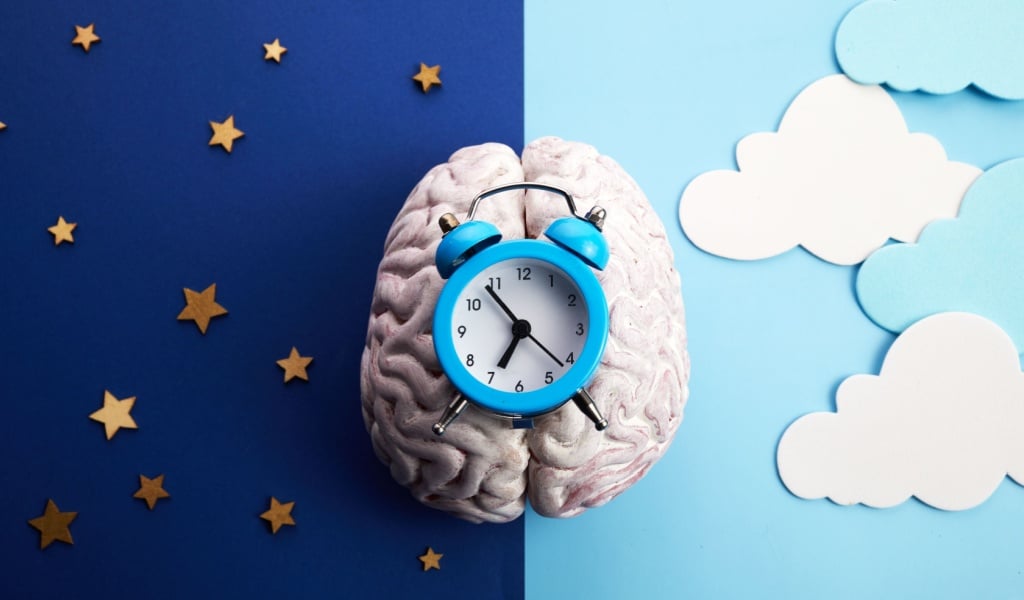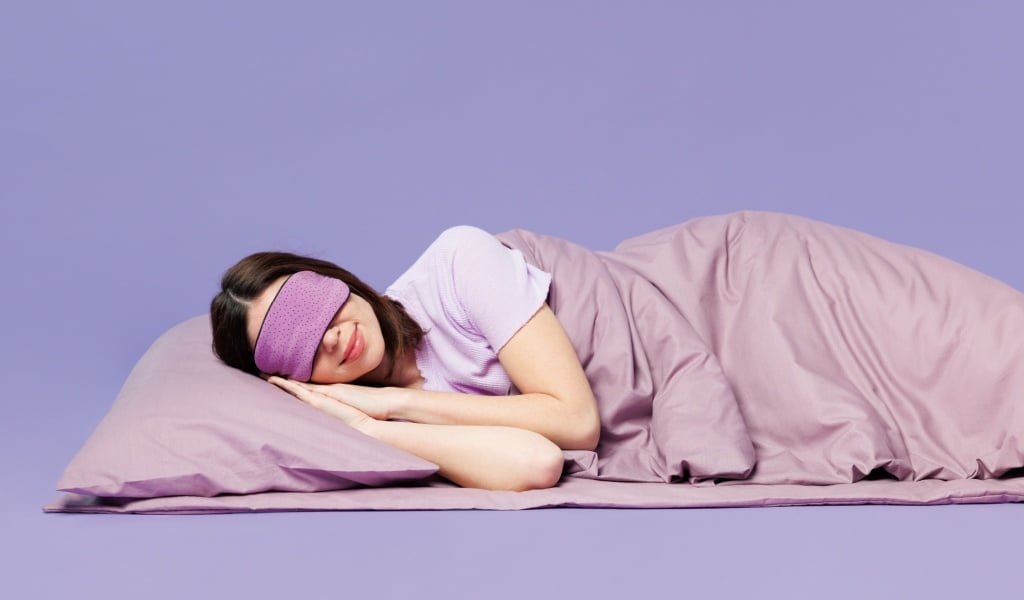Doctors recommend that we get seven to nine hours of sleep. While that may be solid advice, sleep is a rather complex affair, and your genetics can play a role in how much – or little – sleep you need.
Getting enough sleep is crucial for your health and overall well-being. However, good quality sleep doesn’t just depend on the number of hours spent in bed; it also involves sleeping at the right time of day and ensuring that you get high-quality sleep. The number of hours you need to sleep will vary as you age, but in general, getting insufficient sleep can lead to mental and physical health issues.

Good quality sleep is achieved when you get enough REM and non-REM sleep. These are two distinct phases of sleep, and REM (Rapid Eye Movement) is a type of deep sleep during which a person typically starts dreaming. If you don’t feel well-rested after sleeping, you wake up frequently during the night, or experience symptoms of sleep disorders, such as snoring, the quality of your sleep will suffer.
Numerous studies have been conducted to investigate how a person’s genetics can impact their sleep habits. Researchers have found that the amount of sleep a person needs is partially determined by genes involved in setting the circadian rhythm, which is essentially your internal clock.
Some people need less than six hours of sleep a night to feel well-rested, while some others may still feel drowsy and lethargic even after a solid 9-hour sleep. To understand why some individuals can function with less sleep than most, a team led by Dr. Ying-Hui Fu and Dr. Louis Ptáček conducted a study in a family with three generations of naturally short sleepers. The researchers sought to identify genes associated with their unusual sleep patterns. They discovered a rare mutation in a gene that was being passed down through the family, and those who inherited one copy of this mutant gene were the ones who experienced shortened sleep cycles.
While it may be astonishing for deep sleepers to understand how anyone can get by on just four to five hours of sleep, these people do exist! What’s more, they even tend to score better than average on tests of optimism, pain tolerance, and energy. This category of individuals is known as short sleepers, and researchers at the University of California have identified a mutation in seven genes that play a role in sleep regulation.
Generally, the idea is that people who don’t get eight hours of sleep per night will eventually experience health consequences. Still, this study suggests that it need not be the case.
To better understand the mutation, the researchers created a strain of mice with the exact genetic change. These mice, much like their human subjects, appeared to need less sleep than the average mouse. Furthermore, they also seemed to recover quickly from periods of sleep deprivation!
While there are still questions about how exactly genes influence sleep, this study demonstrates that the amount of sleep we need every night is genetically hardwired. Researchers are yet to understand if this gene is responsible for allowing people to function on less sleep or if it is a reason that prevents people from getting the sleep they need.
Sleep is a complex phenomenon, and studying the role genetics plays in it will allow us to understand what makes for a good night’s sleep. Better sleepers lead healthier and happier lives, so sleep is a key aspect of one’s overall health!

How Sleep Deprivation Can Affect You
While your genes could likely determine how long you need to sleep, your DNA can also be damaged by a lack of sleep associated with the short-sleep genetic mutation. Doctors from the University of Hong Kong found that people who sleep less each night (generally night-shift workers) can end up with more DNA damage than other people and even lose their ability to repair it over time. Since DNA holds all the instructions for our bodily functions, any damage to it can be seriously problematic and can lead to mental and physical health issues. This includes impaired judgment, risk of cancer, and deteriorating psychological health.
This is why it is so essential to get sufficient sleep every night. Don’t let your work, leisure, or fun be a reason to skip sleep because even a one-night sleep deficit can affect your ability to think clearly, perform tasks efficiently, and put you in a foul mood!
Final Thoughts
Sleep is a universal need for every human being, but it can vary from person to person. Even though genetics can play a role in how much sleep you get, it’s paramount to prioritize well-rested sleep. When your body feels tired and your eyes feel drowsy, listen to your body and get good sleep. Listening to your body’s sleep cues could mean going to bed earlier, waking up a bit later in the morning, giving up late-night TV shows, or lessening your workload. It may feel like a sacrifice at first, but it will ultimately contribute to your health and productivity in the long run.



